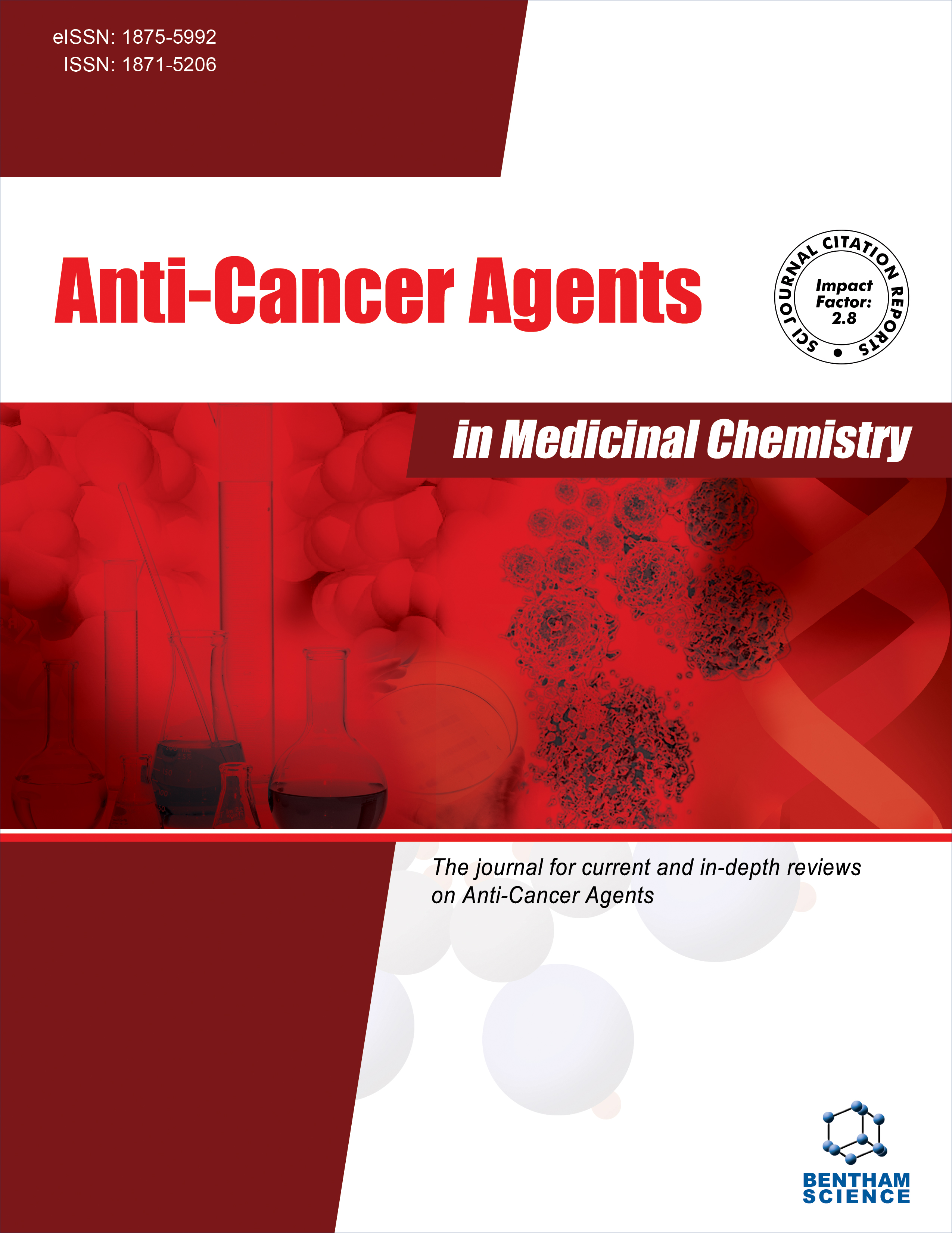-
s On the Regulation of NF-ΚB Pathway by HPV Oncoproteins: Are Pathway Inhibitors a Good Alternative for the Treatment of Cervical Cancer?
- Source: Anti-Cancer Agents in Medicinal Chemistry, Volume 23, Issue 5, Mar 2023, p. 492 - 497
-
- 01 Mar 2023
Abstract
Cervical cancer (CC) is one of the most prevalent cancer-related pathologies in the female population. It is considered the second leading cause of cancer-related deaths in developing countries. The most important etiological factor for the development of CC is the persistent infection with high-risk human papillomavirus. HPV-oncoproteins have evolved to modulate cellular mechanisms to permit viral replication and the generation of new infectious viral particles. When the viral infection persists, there is an uncontrolled viral protein expression essential to commence and maintain the transformation of infected cells. Different cell pathways are affected during the transformation stage, including the NF-ΚB signaling pathway. NF-ΚB controls different cellular mechanisms, and its role is critical for various processes, such as immunity, inflammation, cell differentiation, growth, and survival. NF-ΚB plays a double role in the development of CC. Evidence suggests that in the early stages of viral infection, the NF-ΚB activity impairs viral transcription and is beneficial for avoiding cellular immortalization. However, in the advanced stages of cervical carcinogenesis, the activation of the NF-ΚB correlates with a poor prognosis. Here, we discuss some aspects of NF-ΚB activity during the development of CC and the use of NF-ΚB inhibitors to treat this pathology.


